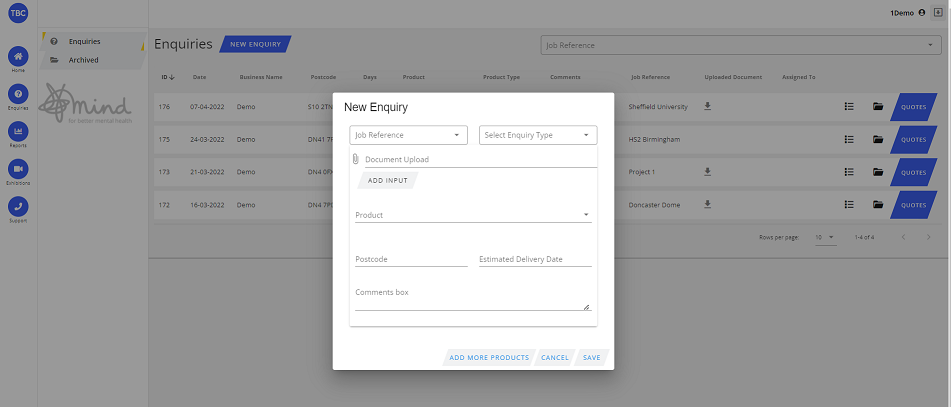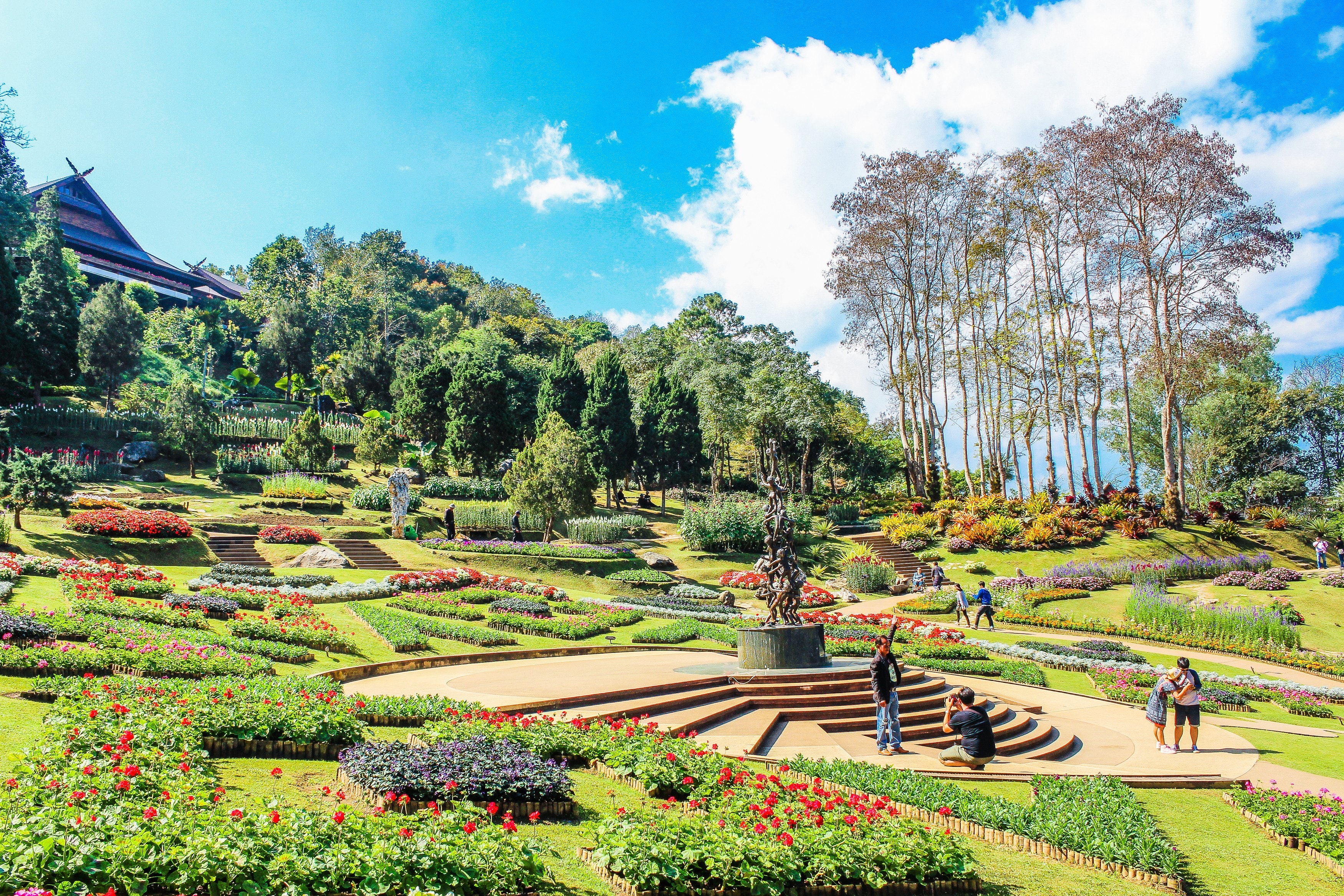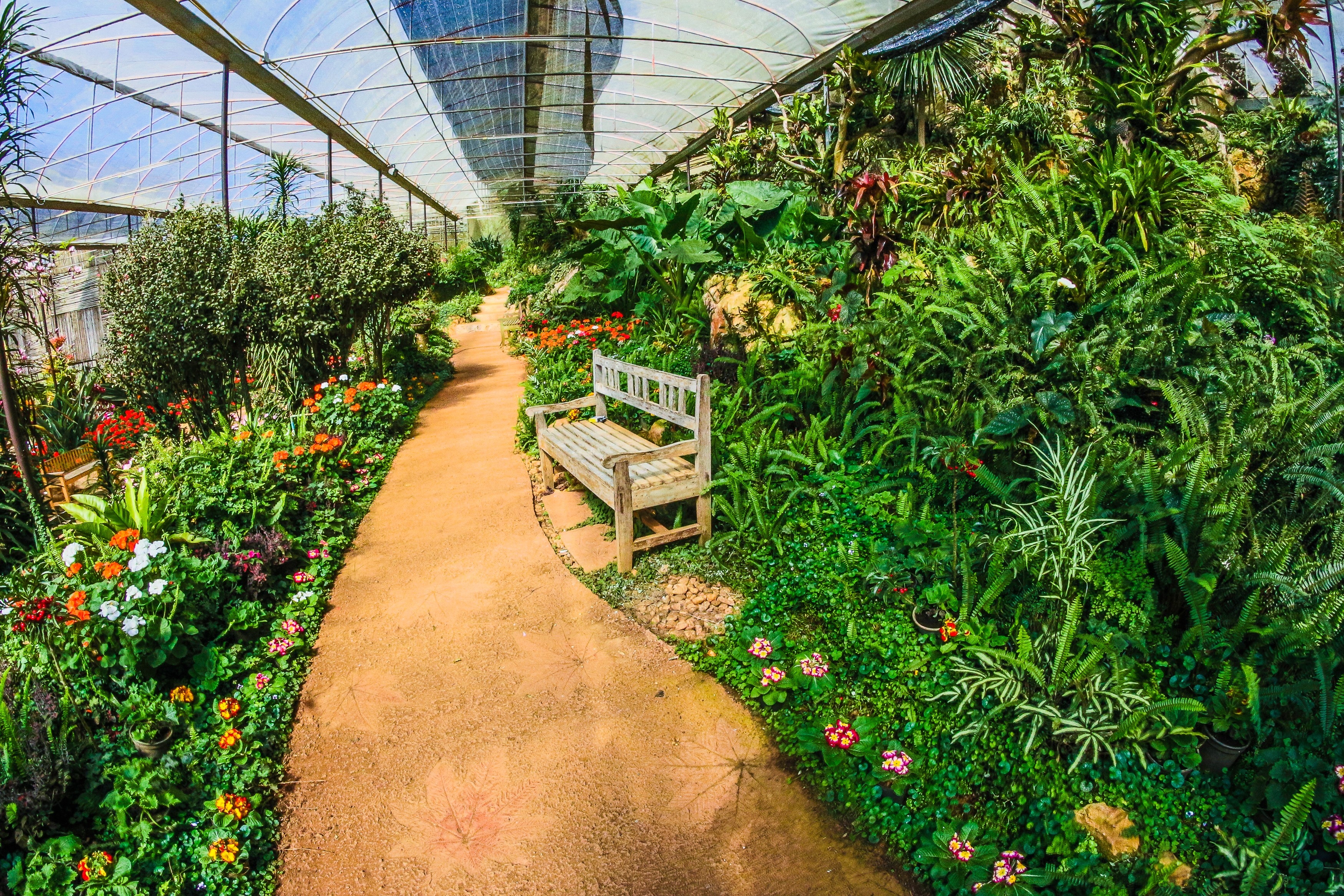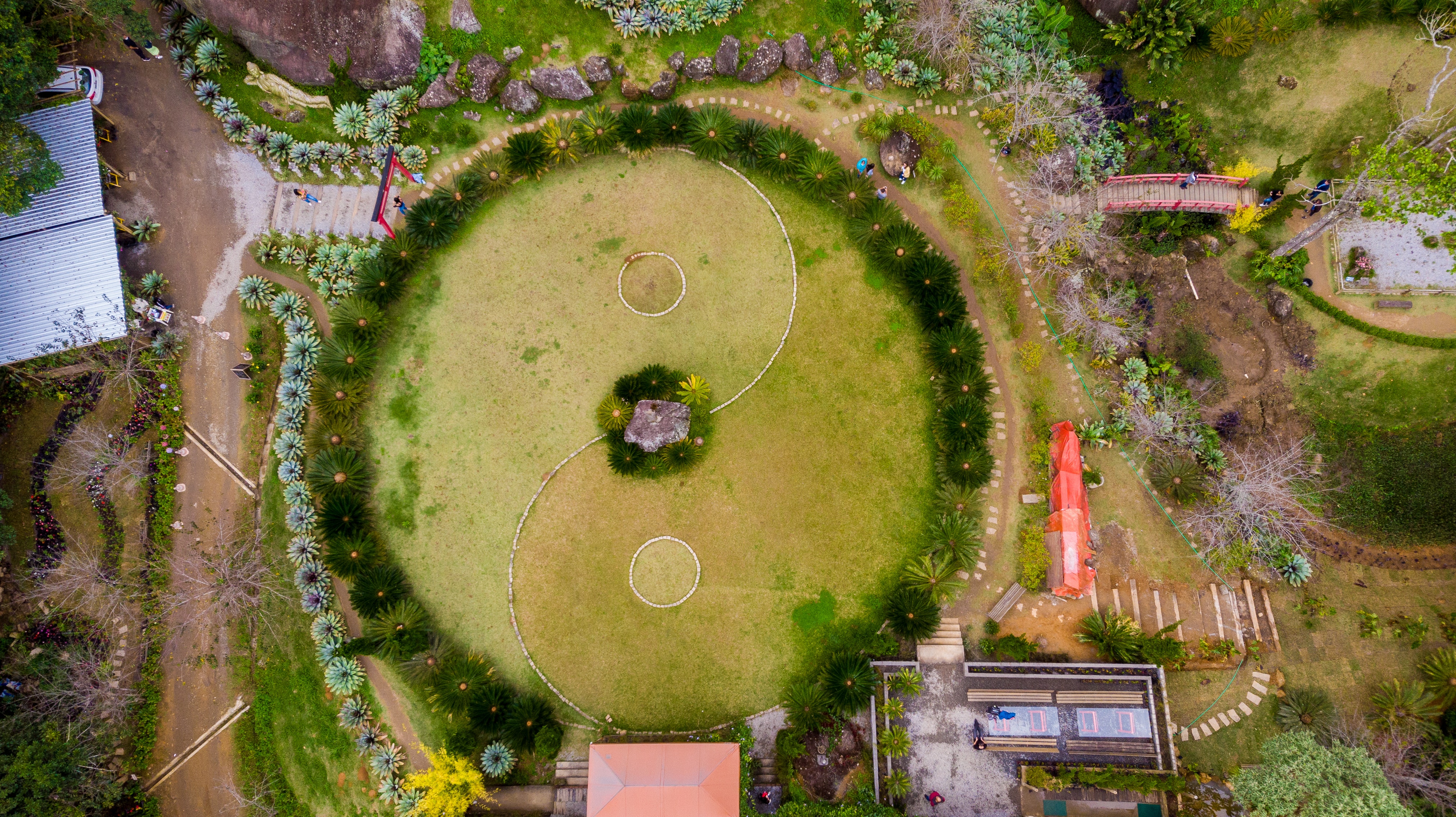Benefits for Subcontractors
Subcontractors can enjoy various benefits from employing sustainable gardening and landscaping in construction projects:
Cost Efficiency: Sustainable landscaping often results in lower long-term maintenance costs, making properties more attractive to homeowners or tenants.
Market Differentiation: Subcontractors who prioritize sustainability and ESG principles can set themselves apart in the market, attracting environmentally-conscious clients and enhancing their reputation.
Local Partnerships: The Build Chain streamlines procurement processes, reduces lead times, and ensures a reliable supply of materials from local suppliers.
Sustainable gardening and landscaping are essential elements of constructing environmentally responsible and visually appealing outdoor spaces. By sourcing materials locally and reducing Scope 3 emissions, subcontractors can contribute to a greener, more sustainable future. Moreover, sustainable gardening and landscaping offer long-term cost savings, market differentiation, and the assurance of ethical practices, making them integral to the construction industry's commitment to environmental and social responsibility.




